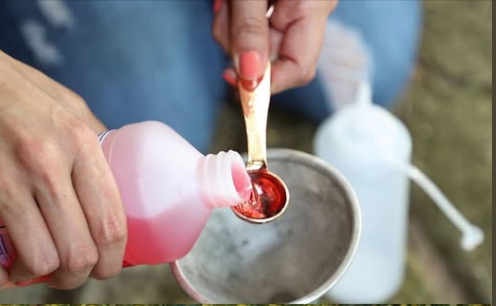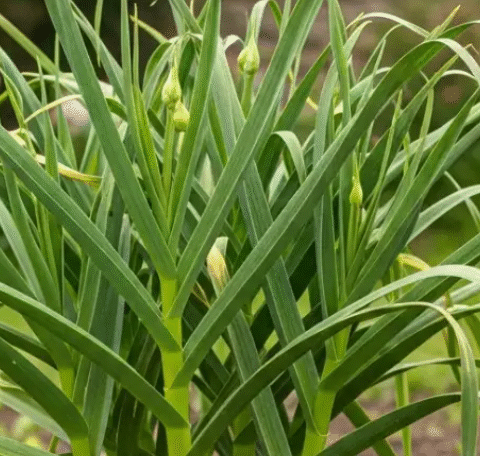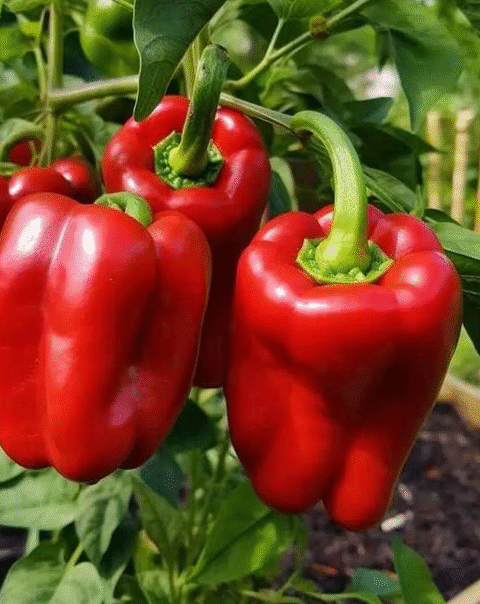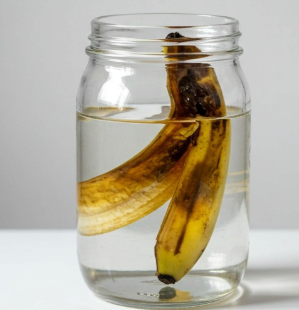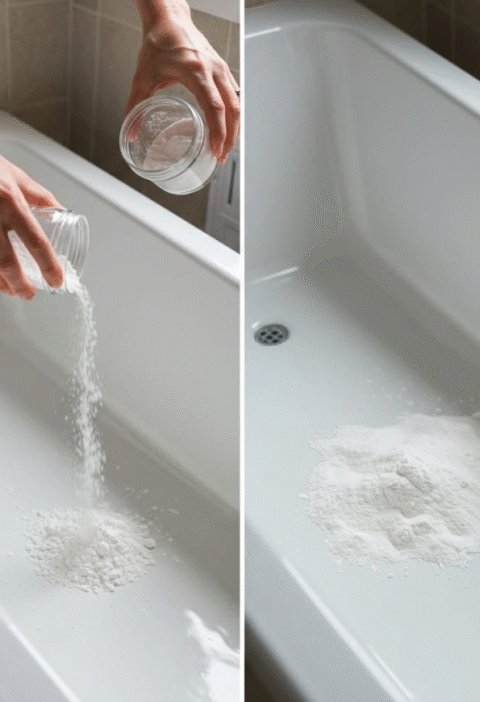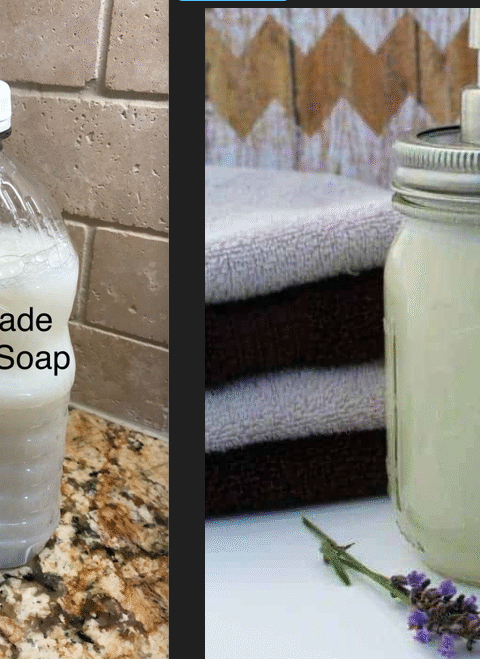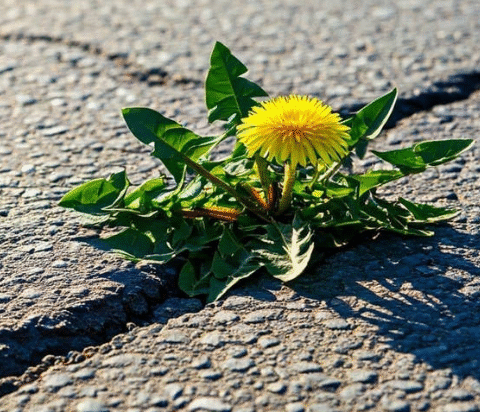Powerful Weed Killer: 11 Tips to Destroy Weeds Naturally
🌱💥 Are weeds wreaking havoc on your garden? Don’t let them take over your plants and pollinators. Say goodbye to costly, chemical-laden herbicides and hello to 11 eco-friendly, powerful weed-killing methods you can make at home. From white vinegar to nettle manure, this guide has everything you need to reclaim your garden — naturally and sustainably!
🌿 Understanding Weeds and Their Impact
Weeds — often referred to as “wild grasses” — are invasive plants that can overtake your garden. According to the Institute of Agronomic Research, there can be up to 5,000 weeds per square meter in unmanaged soil. These plants not only look unsightly but also compete with your crops and flowers for sunlight, nutrients, and water. Worse, they can damage biodiversity by crowding out native plants and disrupting ecosystems that support bees and butterflies. 🐝🦋
The good news? You don’t need synthetic herbicides to get rid of them. Natural solutions are effective, safe for pets and children, and better for the environment.
🌟 How to Destroy Weeds Naturally — 11 Proven Tips
1. White Vinegar: The Champion of Weed Control
🥤 White vinegar contains acetic acid, which burns weed leaves and dehydrates them. It’s particularly effective on young weeds in sunny weather.
- Mix 5 liters of water with 200 ml of white vinegar.
- Pour directly onto weeds using a watering can.
- Watch them wilt and yellow in 1–3 days.
2. Baking Soda: The Perfect Assistant
🧂 Baking soda enhances vinegar’s effectiveness and works as a standalone option on pathways and patios.
- Add 500 grams of baking soda to the vinegar solution above.
- Sprinkle dry baking soda on cracks where weeds emerge.
- Reapply after rain or watering.
3. Salt: Powerful but Precise
🧂 Salt is very effective but must be used with care, as it can harm desirable plants and change soil composition.
- Dissolve 200 grams of salt in 1 liter of water.
- Add 100 ml of white vinegar and spray directly on weeds.
- Ideal for driveways and walkways — not for garden beds!
4. Dishwashing Liquid: The Secret Ingredient
🍽️ A small amount of dish soap helps your mixture stick to leaves longer, improving penetration and effectiveness.
- Add 2 tablespoons to any vinegar or salt-based recipe.
- Spray directly on foliage — especially on dry, sunny days.
5. Boiling Water: Free and Simple
💧 Boiling water destroys plant tissue instantly. Best for cracks in pavement or driveways.
- After cooking pasta, vegetables, or rice, save the hot water.
- Pour directly over weeds while still hot.
6. Wood Ashes: Natural Moss Control
🔥 Rich in potassium and calcium, wood ashes reduce soil acidity and suppress moss growth.
- Sprinkle ashes in areas where moss or weeds are present.
- Avoid overuse — excess ash can raise soil pH too much.
7. Pelargonic Acid: Fast and Plant-Based
🌿 Derived from plant oils, pelargonic acid causes leaves to dry out quickly — within hours.
- Apply directly to weeds using a sprayer.
- Avoid flowering beds — it’s non-selective.
8. Mulching: Prevent Weeds from Sprouting
🪵 Mulch blocks sunlight and prevents weed seeds from germinating while improving soil health.
- Apply 5–10 cm of straw, bark, compost, or wood chips around plants.
- Top up mulch seasonally for continued suppression.
9. Thermal Weeder: Kill Weeds with Heat
🔥 Thermal weeders apply intense heat that destroys weed cells. Perfect for large, paved, or gravel areas.
- Hold the device over each weed for 3–5 seconds.
- Wait a few days, then remove dead weeds easily.
10. Branch Cutter + Boiling Water for Brambles
🌵 Brambles are tough and require physical removal and root attack.
- Cut down brambles with loppers or a branch cutter.
- Immediately pour boiling water on root bases.
- Repeat weekly until roots give up.
11. Nettle Manure: Nutrient-Rich Weed Suppressor
🌿 Fermented nettle water enriches soil while stifling some weed growth.
- Macerate 1 kg of fresh nettles in 10 liters of water.
- Ferment for 3–4 days, stirring daily.
- Pour over weedy areas or use as a diluted foliar spray.
📋 Comparison Table: Natural Weed Control Methods
| Method | Main Ingredient | Best Use Area | Effect Time | Eco-Friendly |
|---|---|---|---|---|
| White Vinegar | Acetic Acid | General garden | 1–3 days | ✅ |
| Baking Soda | Sodium Bicarbonate | Paths, patios | 2–4 days | ✅ |
| Salt | Sodium Chloride | Driveways, stones | 1–3 days | ⚠️ (use sparingly) |
| Boiling Water | Heat | Pavement cracks | Immediate | ✅ |
| Pelargonic Acid | Natural fatty acids | Lawns, edges | Within hours | ✅ |
| Mulch | Organic matter | Flower beds | Prevention | ✅ |
| Nettle Manure | Nettle infusion | Soil surface | 3–5 days | ✅ |
🧠 Expert Advice & Safety Tips
Prof. Alicia Romero (Environmental Science, Univ. of Valencia): “Natural weedkillers are incredibly effective when used strategically. Avoid high concentrations of salt near roots, and always test solutions on a small area first.”
Dr. Theo Yamane (Botanist, Kyoto Institute of Ecology): “Weed removal is about timing. Target weeds when they’re young and small — that’s when natural methods are most effective.”
❓ Top 10 FAQs About Natural Weed Killers
- Can natural weedkillers harm pets?
Not usually. Most methods here are pet-safe, especially after drying. Keep pets away until solutions are absorbed. - Will vinegar kill grass?
Yes. Avoid spraying near lawns unless you’re targeting grass as a weed. - How often should I reapply?
Every 7–10 days or after heavy rain for most methods. - Does boiling water harm nearby plants?
Yes — be precise! It can damage any plant it touches. - Is mulch alone enough to stop weeds?
It prevents new growth but won’t kill established weeds. Remove weeds first before mulching. - Can I mix salt and vinegar for stronger results?
Yes — but only on non-plant surfaces. This combo kills everything and can sterilize soil. - What’s the fastest method?
Thermal weeding and pelargonic acid work within hours. Vinegar follows closely. - Does dish soap really help?
Yes! It breaks surface tension, making sprays stick and penetrate better. - What weeds are hardest to kill?
Brambles, bindweed, and horsetail. Use a mix of cutting, boiling water, and mulching. - Are these methods okay for vegetable gardens?
Yes — except salt-based ones. Use vinegar, nettle manure, or boiling water with care.
🌻 Final Thoughts
Nature provides everything you need to keep your garden beautiful and weed-free. Whether it’s white vinegar, nettle water, or just boiling water, these remedies are easy, affordable, and kind to the Earth. No more toxic sprays, no more guilt. Just smarter, cleaner gardening! 🌿🌼
Try one or a mix of these methods today and see the results — your plants (and the planet) will thank you! 💧🌍
